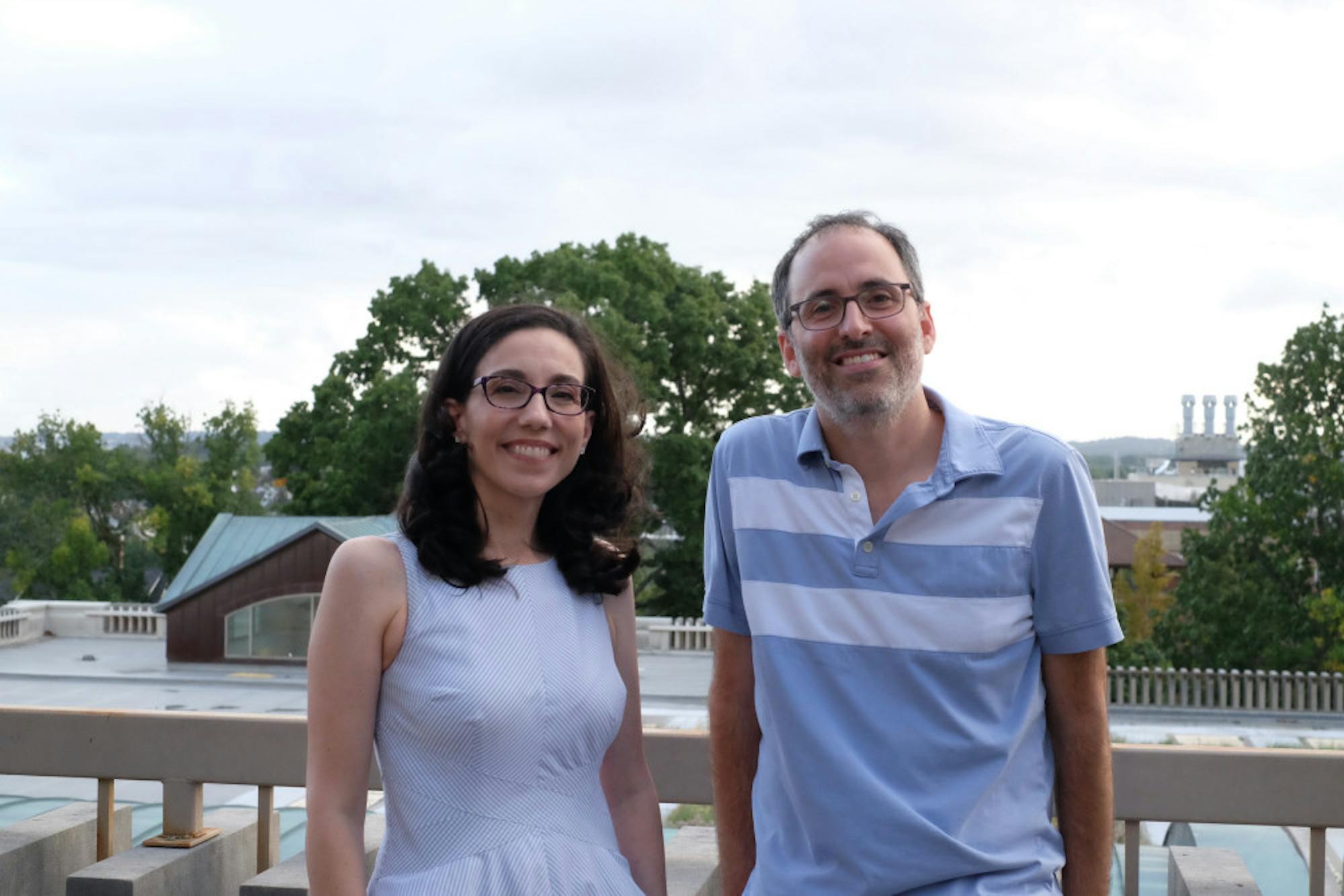Professors Lisa Shin and Sam Sommers are once again co-teaching Introduction to Psychology this semester. This year, they have added a twist to their standard lecture on the psychology of student life, integrating advice from former PSY 1 students to apply psychology concepts to the everyday experiences faced by new Tufts students.
According to Sommers, at the beginning of each semester the class talks about the psychology of studying: exploring the research on whether highlighting when reading is better than outlining or note taking.Sommers said that this year, with many students returning to in-person learning for the first time in 18 months, it felt even more important to apply psychology to help acclimate incoming students to the school.
“[Psychology] is the science of, in many respects, our everyday experiences and everyday navigation of that world around us,” Sommers said. “We are in the midst of not just … a transition to college for many students, or a return to campus, but many different, unfortunately, overlapping crises that are going on in our society.”
With this in mind, Shin and Sommers decided to send a Canvas message to their former students from fall 2019, asking them to submit any advice they have for students taking PSY 1 in fall 2021 via an anonymous Qualtrics survey.
Around 40 former students responded to the survey and gave advice on topics ranging from time management and romantic relationships to specific PSY 1 class advice.
Shin said some of her favorite responses debunked the common myth that other students have their lives together and have everything figured out.
“That [message] sort of resonated with us as well, just in our experiences, as professors, but also advisers, also as people who went to college and went through it, and as parents of kids who either have gone through that or are going through that,”Shin said.
Shin and Sommers are in a unique position to influence students; the class has a total enrollment of about 516 students, many of whom are first-years.
“It is a terrific course to teach, because you're getting people, many of whom are in their first semester of college, but all of whom are being exposed to the field for the first time, and you get to be one of the tour guides that leads them through it,”Sommers said.
Shin added that psychology, as a subject, is perfectly suited for addressing these topics.
"Psychology is in a unique position to do this because psychology is the study of behavior," she said. "We have this ability to talk about these things in a way that maybe other disciplines don't or just don't think of."
First-year Henry Nitzberg, a student in PSY 1 this semester, said he thought this lesson was very relevant, especially the part about first impressions.
“Although cliche, it was very comforting to hear that other students were going through the same social 'making friends' process I was,”Nitzberg wrote in an email to the Daily. “Now, I definitely think twice about trying to create someone's entire image after only meeting them for a few minutes, or even seeing them walk past on their way to dinner.”
Jada Copeland, who is one of the TAs for the class, said shebelieves large, introductory classes should include advice for students due to the intimidating and anxious feelings that are common early in an undergraduate career.
“As a first-year graduate student in the department, when reflecting on my experiences in undergrad, advice such as this was not given in any of my intro courses,”Copeland, a psychology Ph.D. student, said in an email to the Daily. “As a first-generation college student and just from knowing other students' experiences, I think many students from all backgrounds would benefit from this approach.”
While making the disclaimer that her observations are unscientific, Shin said she has noticed an increase in students randomly coming to office hours to talk about issues beyond the scope of course content.
“I think one thing that the lecture did was make it okay to talk about [college life]," Shin said. "It opened the door and made it okay to talk about that, and I've already had a couple of students who've actually asked me questions on that level.”
Although the idea was born from the specific situation of entering college during the pandemic, Sommers sees purpose in this lecture beyond the current crisis.
“Will we someday ask the students who are in our class this semester, a couple years after the fact, for feedback and their advice, so we can share it with the Class of [2027]?” Sommers asked. “That seems like a great idea. I'm sure we will think about doing that.”






